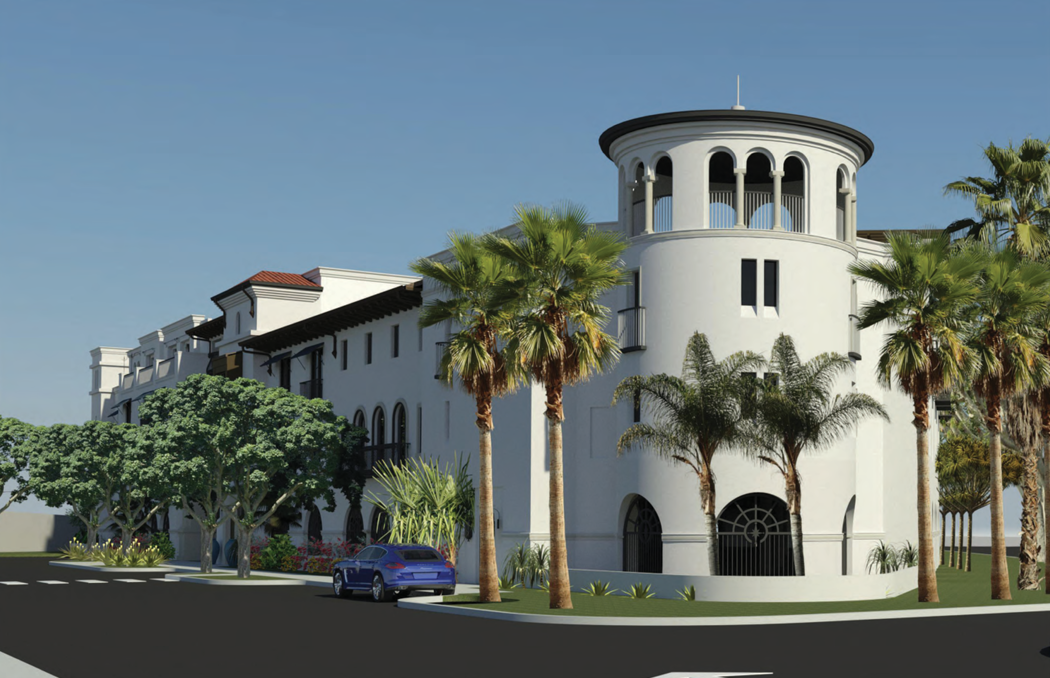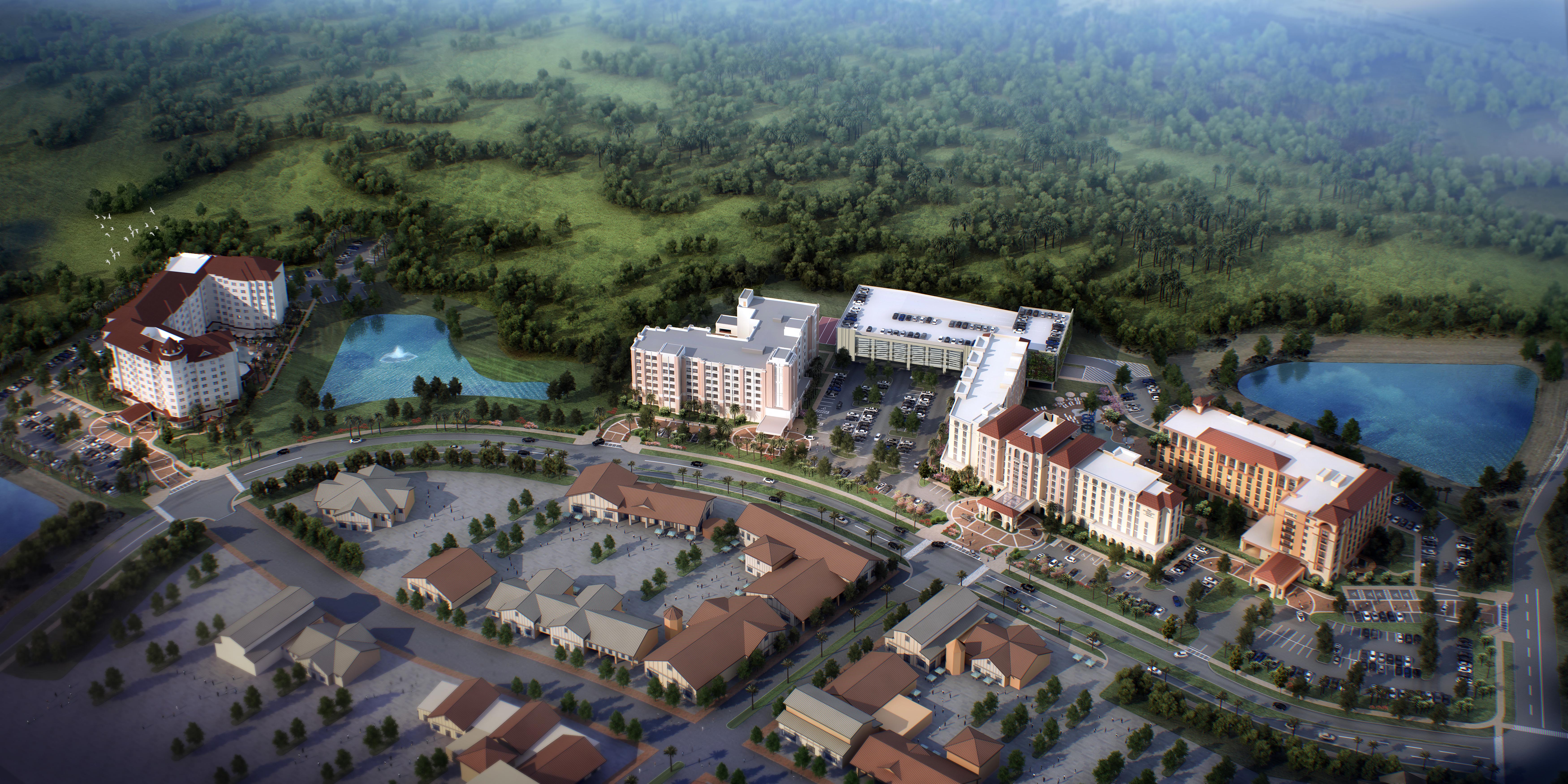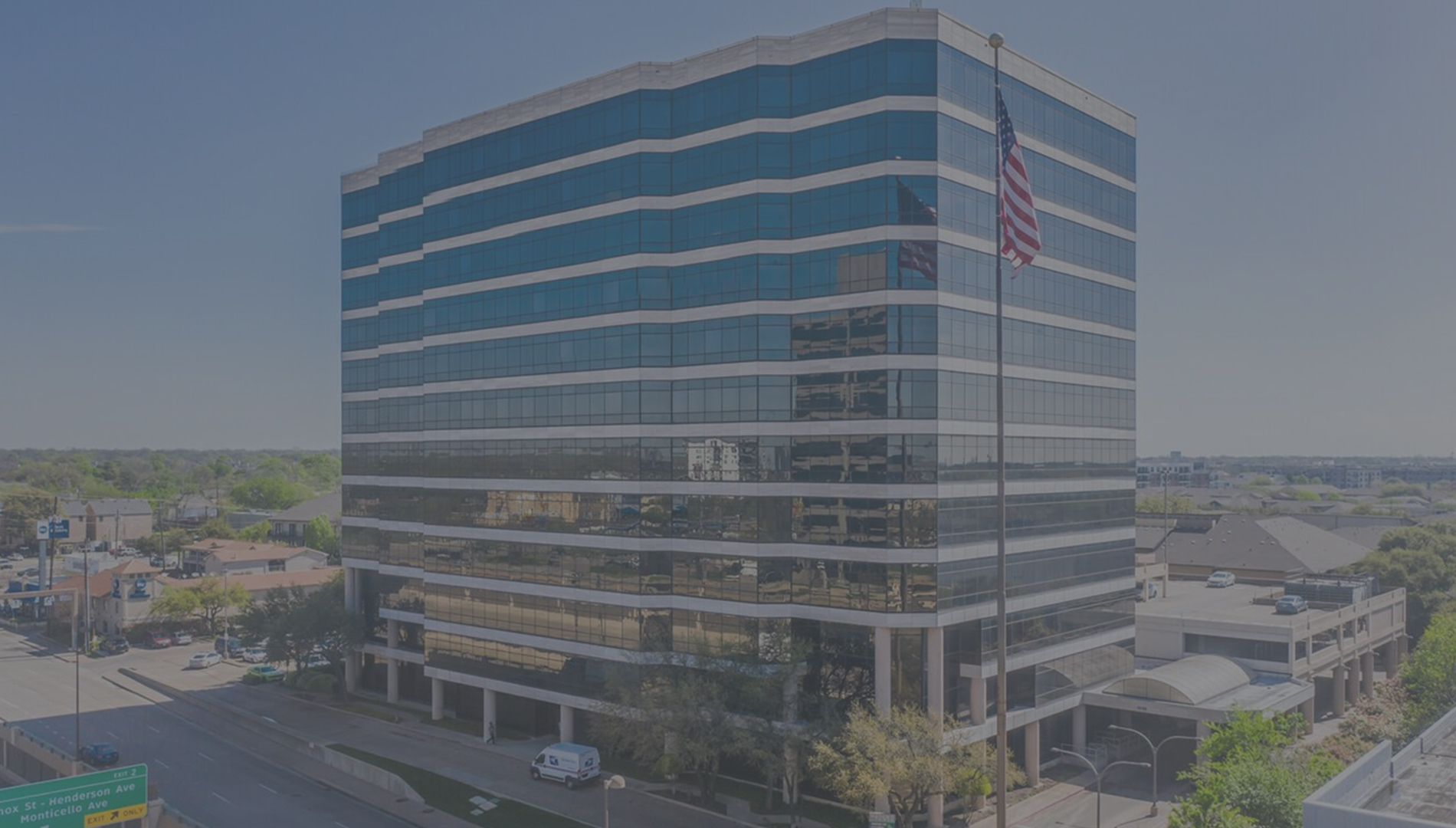Featured in the Dallas Business Journal:
Hall Structured Finance is looking to finance more than $600 million in projects by the end of 2020, the firm’s president, Mike Jaynes, said.
The private real estate lender has increasingly closed on larger deals in the past couple of years. Its typical range now falls between $15 million and $150 million. Jaynes said that the firm is on the “hunt for larger opportunities.”
“We have a heavy appetite for more deals,” Jaynes said.
In 2019, the firm, which is the lending arm of Craig Hall’s Hall Group, closed a little over $500 million, Jaynes said.
Dallas-based HSF provides lending in construction financing projects, and differentiates itself by going a little higher in the capital stack, Jaynes said.
The firm’s bread and butter is providing construction financing for hotels, but it also provides some construction lending for mid-rise and high-rise apartments, speculative offices and student housing.
Recently, the firm made a $140 million construction loan for four new hotels that will be located at the entrance to Disney World. The hotels are part of the Flamingo Crossings Town Center development.
Jaynes spoke with the Dallas Business Journal about the firm’s lending activity, what deals are ahead and the firm’s future.
Why is your firm focused on construction financing for the hotel industry specifically?
First and foremost, our goal was to fill a void. The biggest void in front of us right now is construction financing. As the regulators clamp down on the banks, there are fewer banks that are providing construction financing – or their buckets are full. Then, you couple that with: what is one of the toughest products to finance? That’s hotels.
We’re comfortable, both as a construction lender and in the hotel industry, because that’s our expertise.
The parent company is an owner, operator and developer of the same type of product that we finance. We can leverage off of the expertise that Hall has on the construction side to get comfortable with being a lender in that space.
Why are hotels harder to finance?
There’s more of a void to fill on the hospitality side. There’s less competition as it relates to lenders that do what we do in that space. One of the reasons being is it’s one of the tougher products to get your arms around, i.e., it’s not just commercial real estate – it’s really an operation. There are a lot of folks involved on the operating side of the business. It tends to limit the number of folks that will provide that type of financing.
As it relates to what we do, we could do other product types at a higher percentage, so to speak. But we like to focus on where we are loan-to-cost based on yield requirements that we look for, and then couple that with the quality of real estate that we want to finance. We’d much rather finance a ground-up construction, brand new, strong flag, well-positioned hotel project versus a C-minus or D-quality existing office building. That’s kind of our rationale.
What are the opportunities in the hotel business?
If you look at it across the board, there’s basically been – on average – 2 percent demand growth, 2 percent supply growth. That’s pretty close to what’s projected for this year and maybe early next year, as well. The overall hotel market is fairly stable and remains fairly stable. Supply has been kept in check. Some of that is because of the other competition and the institutional banks pulling back over the years.
We look at it on a very neighborhood sub-market basis. We think that there are a number of select opportunities that we still have the ability to finance this year and next. … We’ll just have to see how things progress in the way of the overall economy, and then the overall individual opportunity that comes our way.
We’re in the longest business expansion we’ve ever seen in the U.S. How have rumblings of a potential economic downturn affected your investment strategy?
Certainly we take that into consideration. Overall, we think the metrics are good, and we have to look at that on a case-by-case basis.
We feel pretty comfortable, especially where we are today and what the future holds based upon a future recession. We feel fairly comfortable enough to continue to ramp up, provide up to 75 percent loan-to-cost on what we think are well conceived overall projects. What I mean by that is, when we do run into the next recession, there are going to be some issues and there’ are going to be some things we have to deal with. But, we don’t mind going into that next recession with a brand new completed Marriott flag hotel in a great market.
Because we’re not a regulated lender, we’re a private lender, we don’t have to look at things as it relates to the short-term. We can look at things long-term.
What are the advantages to being a private lender in the hospitality space?
We don’t have regulators looking over our shoulder making us do things on a shorter term basis. If a project gets into some sort of financial distress, we would have to move to take the asset back or move to liquidate the asset and get it off of our balance sheet. We are able to look at it as a longer-term play. If we think the value overall is sustainable, or is well above our basis, then we have the ability to be very flexible as it relates to what we will or won’t do with our borrowers.
This interview has been edited for brevity and clarity.
View full story here.
Back To News Room
News Room
Related Articles
Scroll to explore related Articles from HALL Structured Finance team










